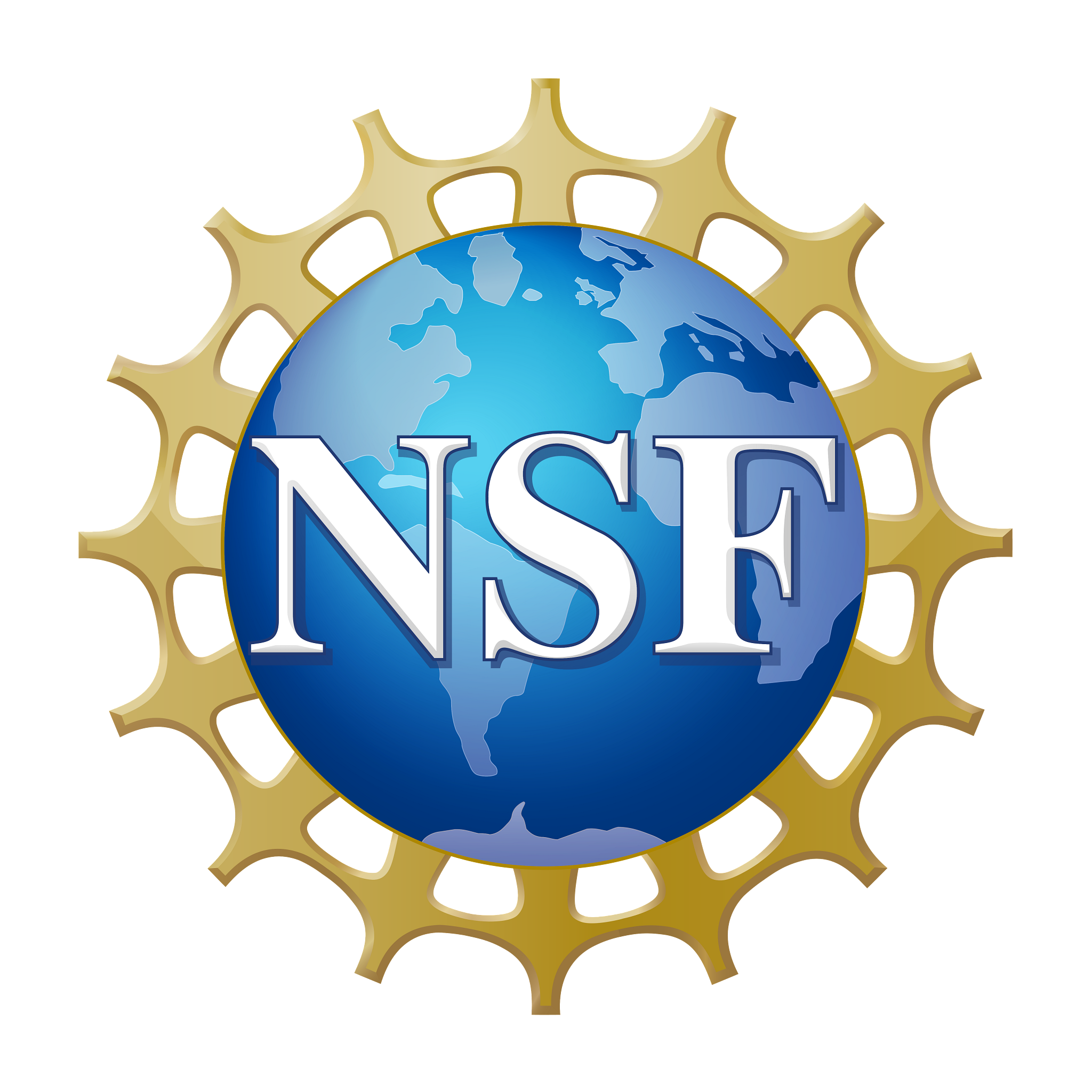Climate Hazards and Risks
Seeks to enhance our understanding of how climate change hazards are spatially distributed across the city and how human behavior and activity, the urban built environment, and natural processes interact with each other. The goal is to shed light on critical climate resilience challenges, particularly around the impacts of pluvial and coastal flooding, urban heat and heat waves, and air pollution on people, critical infrastructure, and services.















